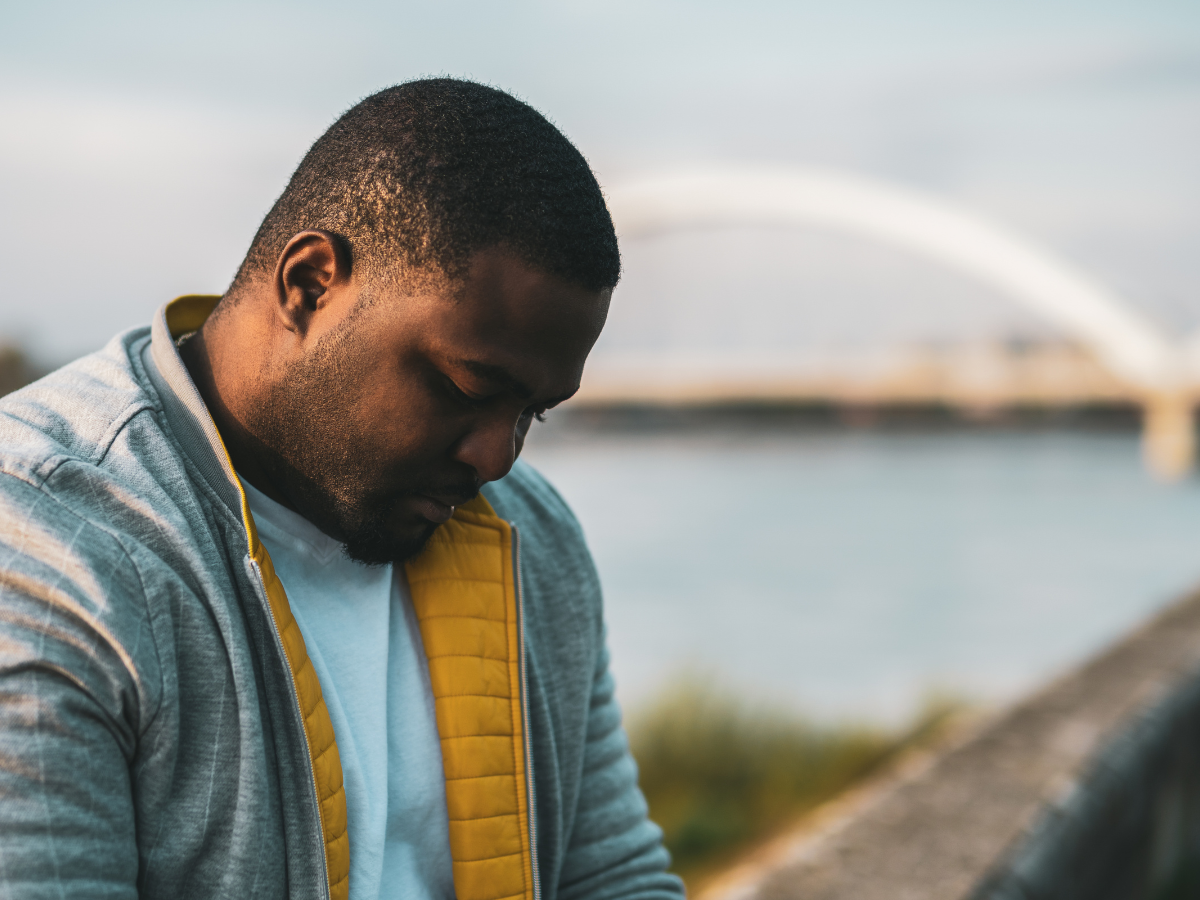Anxiety and depression are common mental health conditions that affect millions of people worldwide. In the United States, according to the National Alliance on Mental Illness (NAMI), 18.1% of adults experienced an anxiety disorder in the past year, and 6.7% of adults experienced major depressive disorder in the past year.
Black individuals are not immune to these mental health conditions. In fact, research suggests that Black Americans may be disproportionately affected by anxiety and depression. According to a 2018 study by the Substance Abuse and Mental Health Services Administration (SAMHSA), 16.8% of Black adults reported experiencing serious psychological distress in the past month, compared to 9.5% of white adults.
There are a number of factors that may contribute to the higher prevalence of anxiety and depression among Black individuals. These include:
- Historical trauma and discrimination: The legacy of slavery, segregation, and other forms of racial discrimination has had a profound and lasting impact on the mental health of Black Americans.
- Social and economic stressors: Black individuals are more likely to experience poverty, unemployment, housing insecurity, and other social and economic stressors that can contribute to anxiety and depression.
- Limited access to mental health care: Black individuals are less likely to have access to mental health care, and they may face barriers to seeking and receiving treatment due to stigma, cultural mistrust of the healthcare system, and lack of culturally competent care.
Despite the challenges, there are a number of strategies that Black individuals can use to combat anxiety and depression:
- Seek professional help: If you are struggling with anxiety or depression, it is important to seek professional help from a qualified mental health professional. A therapist can provide you with diagnosis, treatment, and support.
- Connect with others: Social support is important for mental health. Talk to your family and friends about your concerns, or join a support group for people with anxiety or depression.
- Practice self-care: There are a number of self-care practices that can help you manage anxiety and depression. These include:
- Eating a healthy diet
- Getting regular exercise
- Getting enough sleep
- Practicing relaxation techniques, such as yoga or meditation
- Avoiding alcohol and drugs
- Educate yourself about anxiety and depression: The more you know about these conditions, the better equipped you will be to manage them. There are a number of resources available online and in libraries that can help you learn more about anxiety and depression.
- Advocate for yourself: If you are not getting the help you need, don’t be afraid to speak up. Talk to your doctor, therapist, or insurance company about your concerns.
- Connect with culturally competent care: Seek out a mental health professional who understands the unique experiences and challenges of Black individuals. Culturally competent care can make a big difference in the effectiveness of treatment.
- Challenge negative thoughts: Anxiety and depression can often lead to negative thoughts about yourself and the world. When you notice these thoughts, challenge them and try to replace them with more positive thoughts.
- Practice mindfulness: Mindfulness is the practice of paying attention to the present moment without judgment. This can be helpful for managing anxiety and depression by helping you to focus on the present rather than dwelling on the past or worrying about the future.
- Seek support from community organizations: There are a number of community organizations that offer support and resources for Black individuals with mental health conditions. These organizations can provide you with information, referrals to mental health care providers, and support groups.
- Remember that you are not alone: Anxiety and depression are common mental health conditions, and you are not alone in your struggle. There are many people who care about you and want to help.
Here are some additional resources for Black individuals struggling with anxiety and depression:
- The National Alliance on Mental Illness (NAMI): https://www.nami.org/Your-Journey/Identity-and-Cultural-Dimensions/Black-African-American
- The Substance Abuse and Mental Health Services Administration (SAMHSA): https://www.samhsa.gov/
- The National Suicide Prevention Lifeline: 1-800-273-TALK (8255)
- The Crisis Text Line: Text HOME to 741741
Remember, you are not alone, and there is help available. With the right support and resources, you can manage your anxiety and depression and live a fulfilling life.





